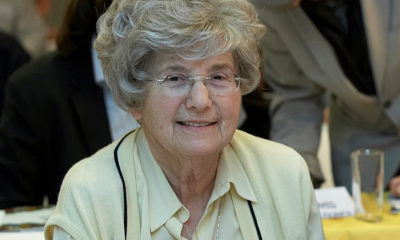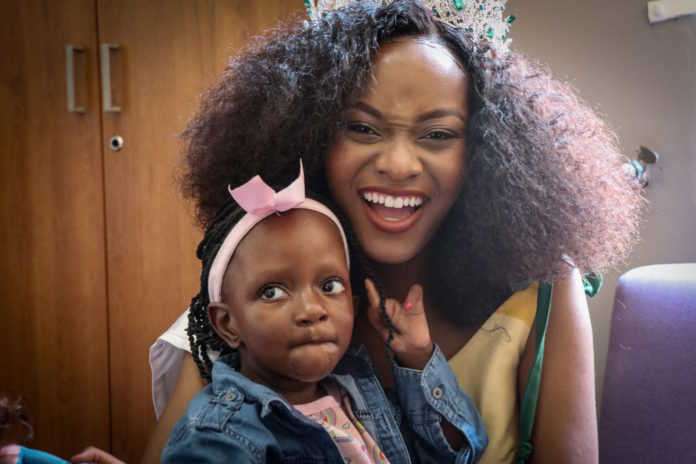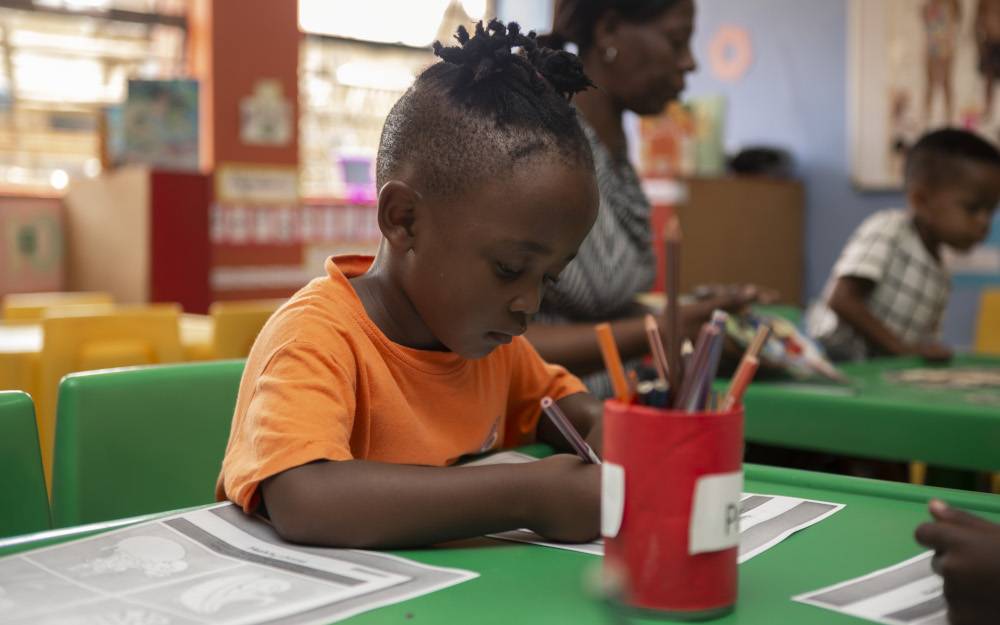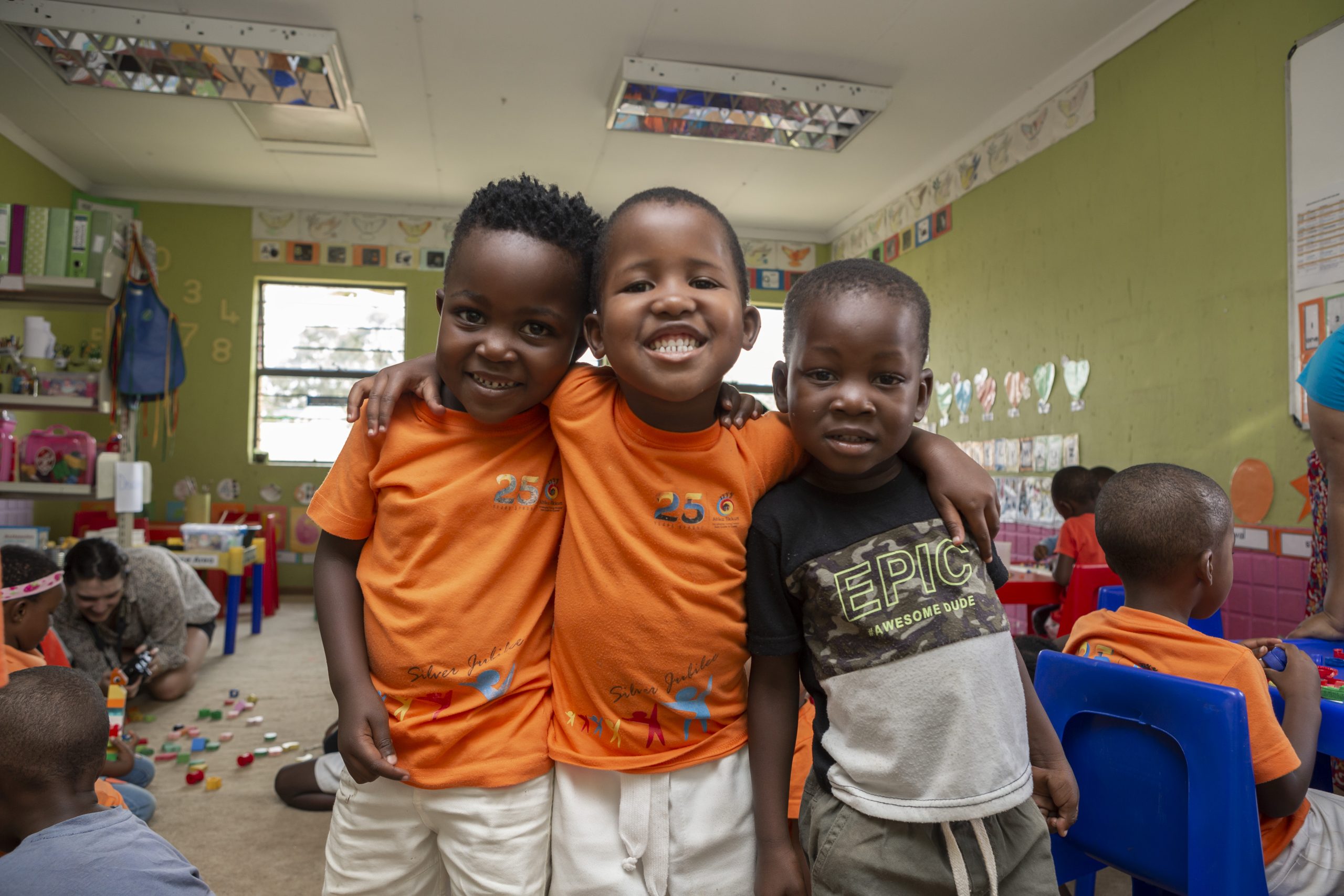VIOLENCE AND ABUSE: CHILDREN IN SA DESERVE BETTER THAN JUST EMPTY PROMISES
VIOLENCE AND ABUSE: CHILDREN IN SA DESERVE BETTER THAN JUST EMPTY PROMISES
As the country observes Child Protection Week, a youth development organisation, Afrika Tikkun Group highlights the urgency with which SA must face an inconvenient truth: if we fail to raise our children in a safe, productive environment, there is no point in planning for the future, because it will perish with a generation we failed to protect.
“Child Protection Week should not just be about raising awareness about child abuse, neglect, and exploitation. It should be about organised action against these evils and creating holistic solutions that unite people towards the common goal of improving the lives of children to grow them into adults that can lead SA to a brighter future,” says Marc Lubner, Group CEO of Afrika Tikkun, an organisation that develops programs that uplift youth in vulnerable communities.
Even though corporal punishment was outlawed in schools in 1997, it is routinely applied as a form of punishment. According to a recent study by Statistics South Africa (StatsSA), corporal punishment of students by teachers was the most prevalent type of violence that children encountered. Nearly 84% of the 1 million students in the study encountered violence at school and reported that their teachers had physically or verbally punished them.
In SA, 392 children were killed in just 90 days in 2021, while another 394 were victims of attempted murder, according to the most recent crime data. That same year, 2,048 additional children were physically assaulted. Those were just the reported cases.
We need to create communities that are supportive to children and the promotion of their rights, including policing, awareness and public education about children’s rights and organisations that support the development of children as a priority.
“It is crucial to promote policies and practices that support the welfare of children, including education, healthcare, and access to social services. Support for caregivers: Caregivers, including parents, guardians, and foster carers, must receive adequate support to ensure they can provide a safe and nurturing environment for children,” says Lubner.
By holistically addressing legislative and social awareness gaps in SA’s efforts to protect children, sustainable and more far-reaching solutions can be created. Afrika Tikkun’s award-winning Cradle-to-Career 360° program (C2C) emphasises a children’s overall development, which includes their academic, social, and personal growth.
“We encourage an approach to child development that accounts for the social and economic elements that affect students’ learning. With the assistance of our 360° Social Support Services, our C2C concept is delivered through two key pillars: Child and Youth Development (CYD) and Recruitment, Training, Skills Development, and Placement,” says Lubner.
Afrika Tikkun’s C2C model supports children who might have been abused through their developmental process and through its varied interventions and programs, the NPC has helped more than 50 000 children and young people in 2022 alone. “A total of 5 819 beneficiaries are registered for our C2C programs, which exceeds our estimated target,” says Lubner.
As SA observes Child Protection Week, it’s essential to remind ourselves of our collective duty to protect every child’s right to safety and security. Feeling safe and secure is an essential part of child development that if not cultivated, can have devastating effects on the adult populace of the future.
Child protection is not only the responsibility of parents or guardians but also a societal obligation. Every adult has a role to play in fostering an environment where children can grow and flourish free from any form of violence, abuse, or neglect. It starts by creating a supportive and nurturing environment that enables children to thrive.
“Let us all commit to protecting the rights of children, providing them with a safe and secure environment, giving them love and affection, and advocating for their well-being. Remember that every child deserves to feel protected, valued, and respected, and that it is our duty to ensure that every child is safe, healthy, and happy,” concludes Lubner.








